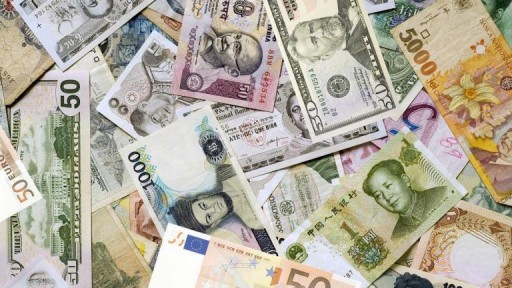- Home
- >
- Daily Accents
- >
- How oil prices affect the world currencies

How oil prices affect the world currencies

The price of a barrel of oil is at near 6 1/2-year lows this week as concern over China's plunging shares and the world's growth has shaken global markets.
Oil prices have been softening since the summer of 2014, recovering slightly this year before falling more than 5 percent on Monday. The decline is bad news for countries that rely on crude petroleum exports.
A sudden drop in prices can dramatically affect the currencies of those countries—most notably Russia, which produces about 12 percent of the world's crude oil supply. The country depends on sales of oil and natural gas for a more than 50 percent of its federal budget revenue, according to the Energy Information Administration. But the ruble is not the only currency that's moved by changing oil prices.
At least six countries have seen their currencies drop over the last year along with the Brent crude oil benchmark. According to the most recent World Bank data, there are 60 countries that rely on oil proceeds for more than 1 percent of their gross domestic product, and 10 that receive at least a third of their GDP from oil.
Over the last two years, CME futures for the Norwegian krone and the Russian ruble have been highly correlated with monthly changes in Brent crude oil.
Some of the correlation may have to do with changes to the dollar, which is used to price oil and which historically has tended to move inversely with oil prices. A study by the European Central Bank found a positive relationship between the real oil price and real exchange rate for Russia, but not for Norway or Saudi Arabia.
The ruble hit a seven-month low on Monday, along with a number of other ex-Soviet bloc countries, including Belarus and Ukraine, and most of the oil exporters mentioned above.
 Varchev Traders
Varchev Traders If you think, we can improve that section,
please comment. Your oppinion is imortant for us.






